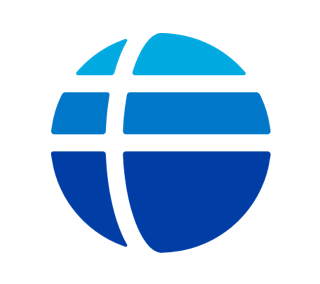
Online information session: Fulbright New Zealand Scholar Awards
Have you always wanted to carry out research overseas? A Fulbright Award could take you to a leading institution in the United States. Fulbright NZ Scholar Awards are for New Zealand academics, artists or professionals to lecture and/or conduct research at US institutions. Want to know more? We’re here to help!
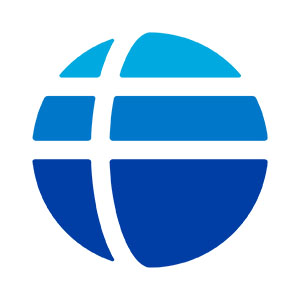
Online information session: Fulbright NZ Graduate Awards
Have you always wanted to study or carry out research overseas? A Fulbright Award could take you to a leading institution in the United States. We offer a range of Fulbright NZ Graduate Awards for New Zealand students to undertake postgraduate study or research at US institutions. Want to know
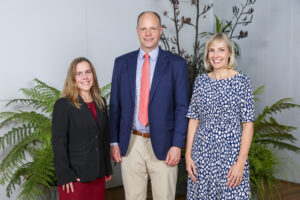
2025 Ian Axford Report Back Webinar
Hāpai Public and Fulbright New Zealand present the 2025 Ian Axford report back webinar. Come along and hear from this year’s three fellows as they reflect on their time in New Zealand and their individual projects. When: Thursday 20 May, 12.00—1.25pm Where: Online (Zoom) Register: 2025 Ian Axford Report Back
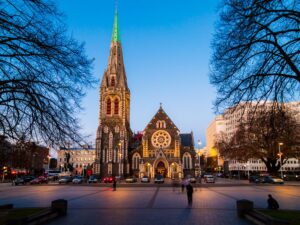
Information session: University of Canterbury
Have you always wanted to study or carry out research overseas? A Fulbright Award could take you to a leading institution in the United States. We have a range of awards for graduates, scholars, creatives, professionals and more. Want to know more? We’re here to help! Our 2025 outreach activities continue
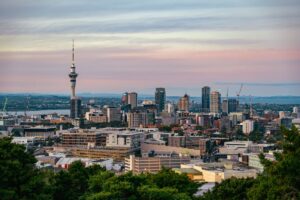
Information session: University of Auckland
Have you always wanted to study or carry out research overseas? A Fulbright Award could take you to a leading institution in the United States. We have a range of awards for graduates, scholars, creatives, professionals and more. Want to know more? We’re here to help! Our 2025 outreach activities continue
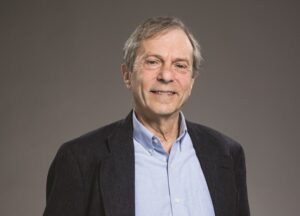
Fulbright NZ Good Works presents: Data Privacy in a Time of Technological Transformation, with Robert Field
Join us for April’s Good Works webinar with Robert I. Field, JD, MPH. PhD, and 2018 Fulbright Specialist. The seminar will explore the promise of new medical technologies, the risks they present to those whose data they collect, and the new ethical and legal landscape they create for medical science.
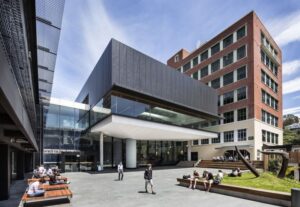
Information session: Te Herenga Waka Victoria University of Wellington
Have you always wanted to study or carry out research overseas? A Fulbright Award could take you to a leading institution in the United States. We have a range of awards for graduates, scholars, creatives, professionals and more. Want to know more? We’re here to help! Our 2025 outreach activities kick
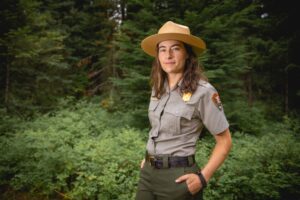
Fulbright Good Works presents: Listening and Learning, with Peri Sasnet
National parks around the world are treasured for their scenic vistas and recreational opportunities. But they are underused as places for science communication and storytelling. Peri Sasnett, a 2012 Fulbright US Grad, takes us behind the scenes at Glacier National Park to learn how she and her team are trying to
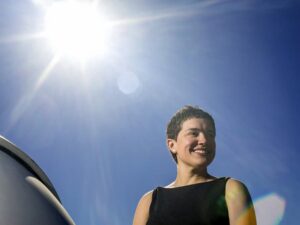
Fulbright Good Works presents: The Last Stargazers, with Emily Levesque
Behind-the-scenes tour of life as a professional astronomer A bird that mimicked a black hole. The astronomer who discovered microwave ovens. A telescope that can fly. The science of astronomy is filled with true stories (and tall tales) of the adventures and misadventures that accompany our exploration of the universe.
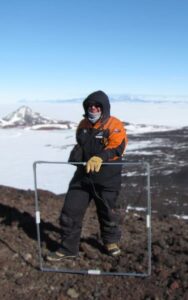
Fulbright Good Works presents: Going South to the Ice, with Professor Craig Rodger
View of life and work at Scott Base, Antarctica Good works is back! In celebration of the 150-year anniversary of scientific partnership between NZ and the USA, we present a Good Works special in partnership with Universities New Zealand. In this talk, 2014 Fulbright NZ Scholar Professor Craig Rodger provides an
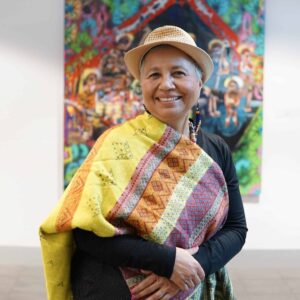
Fulbright Good Works presents: Compassionate Disruptors for Diversity, with Professor Edwina Pio
Good Works – Compassionate Disruptors for Diversity Diversity is a fun, funky and formidable word. When we resist the minaturisation of humans we can serve as compassionate disruptors for diversity, with the giver and receiver bending towards each other. In a globally diverse planet, we are a microcosm of the
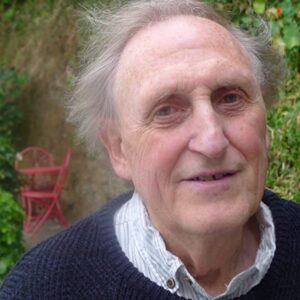
Down Tools! Strikes on Screen with Dr Russell Campbell
Dramatic confrontations of industrial disputes on film Fulbright NZ enjoyed a fantastic presentation by Dr Russell Campbell who was our August Good Works Alumni speaker. “The strike is the moment at which power relationships in the workplace are thrown into stark relief. The dramatic confrontations that ensue when workers, at
